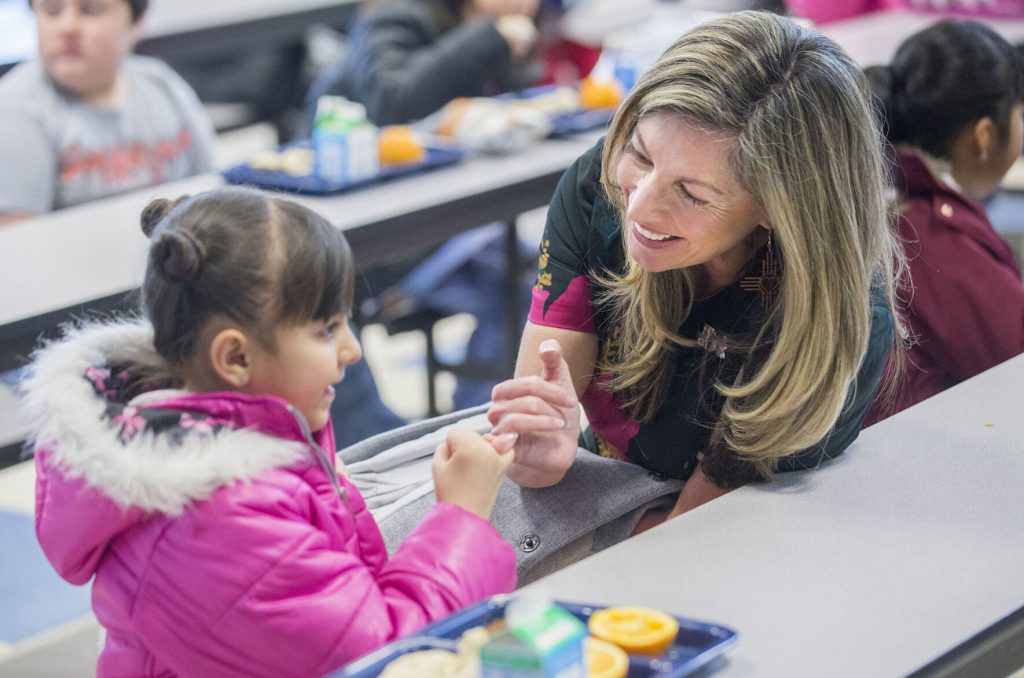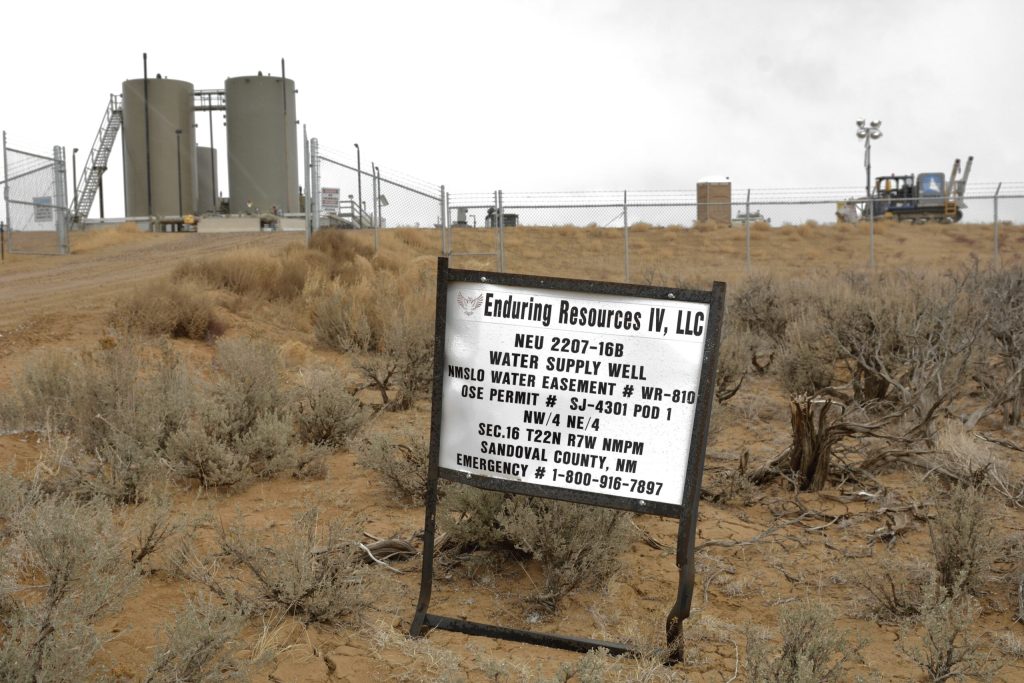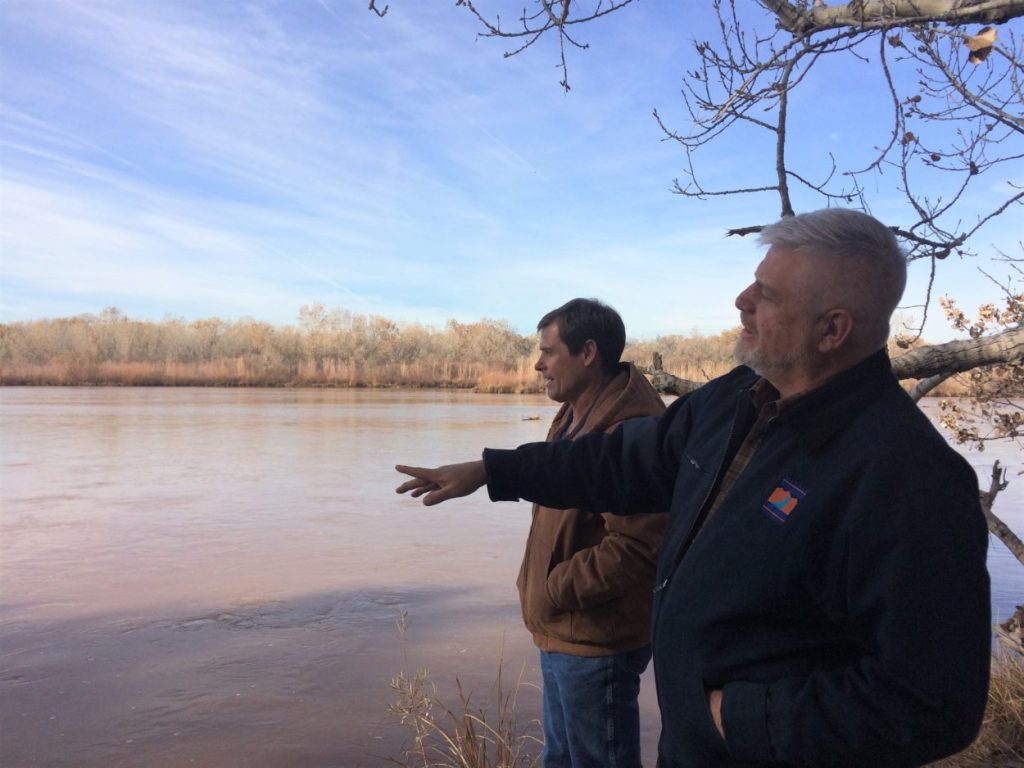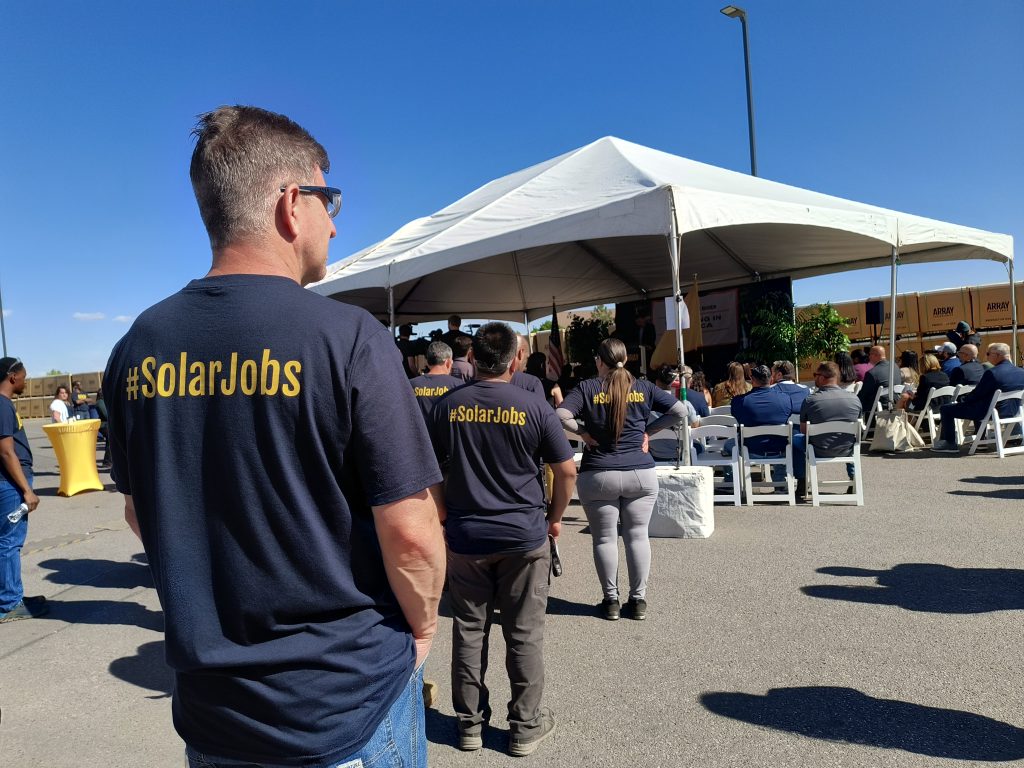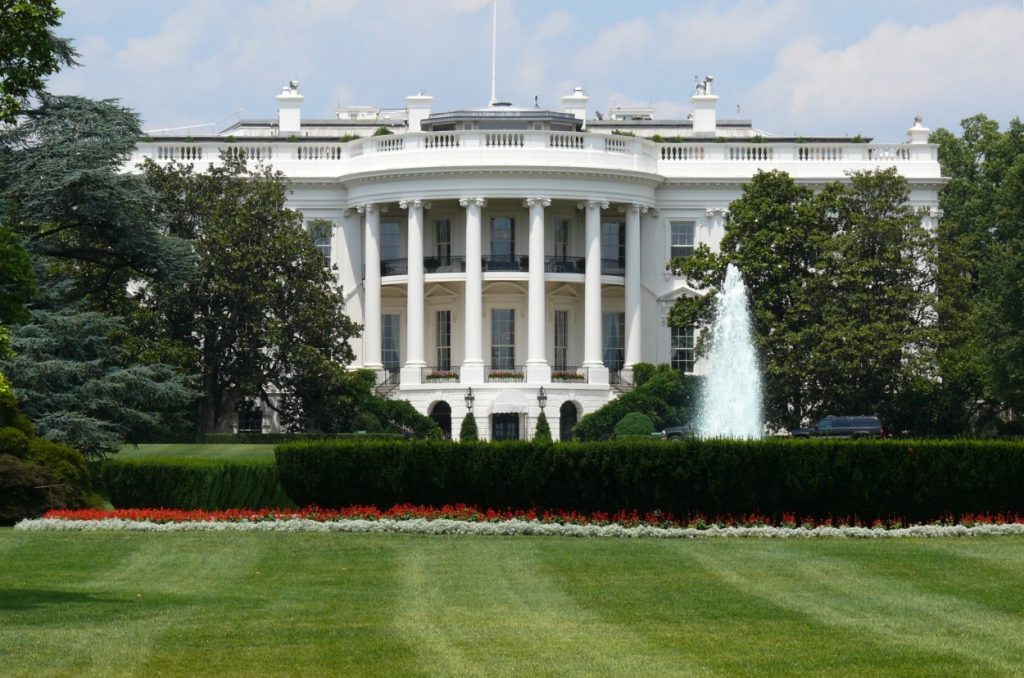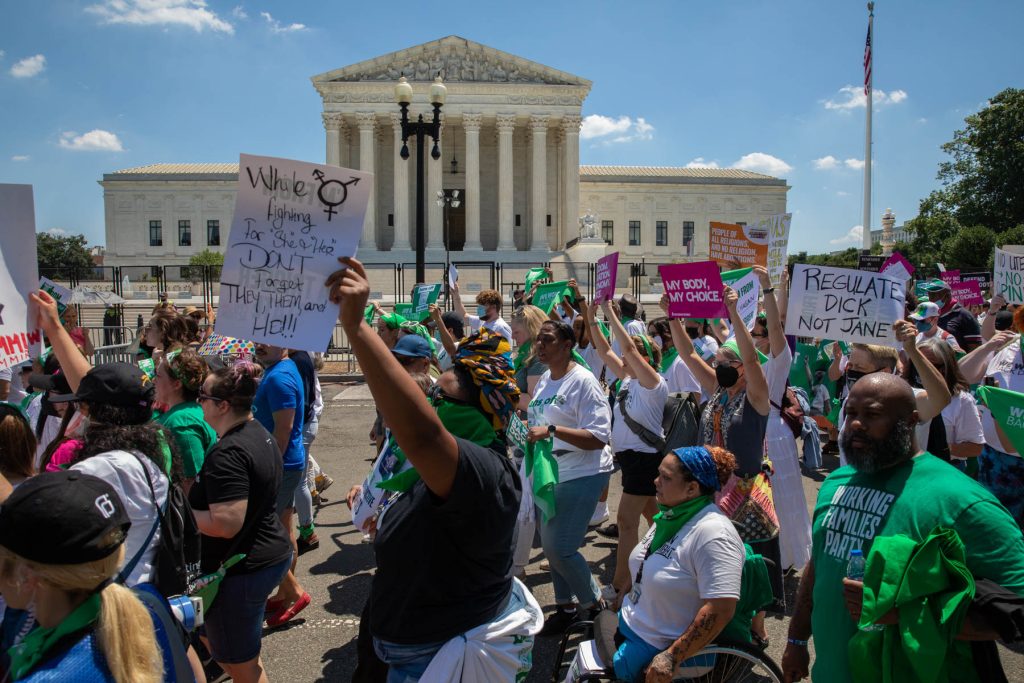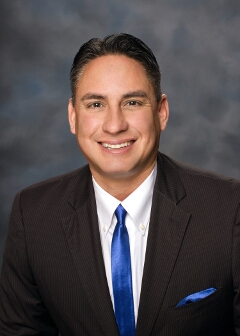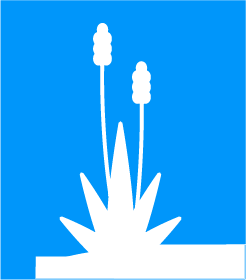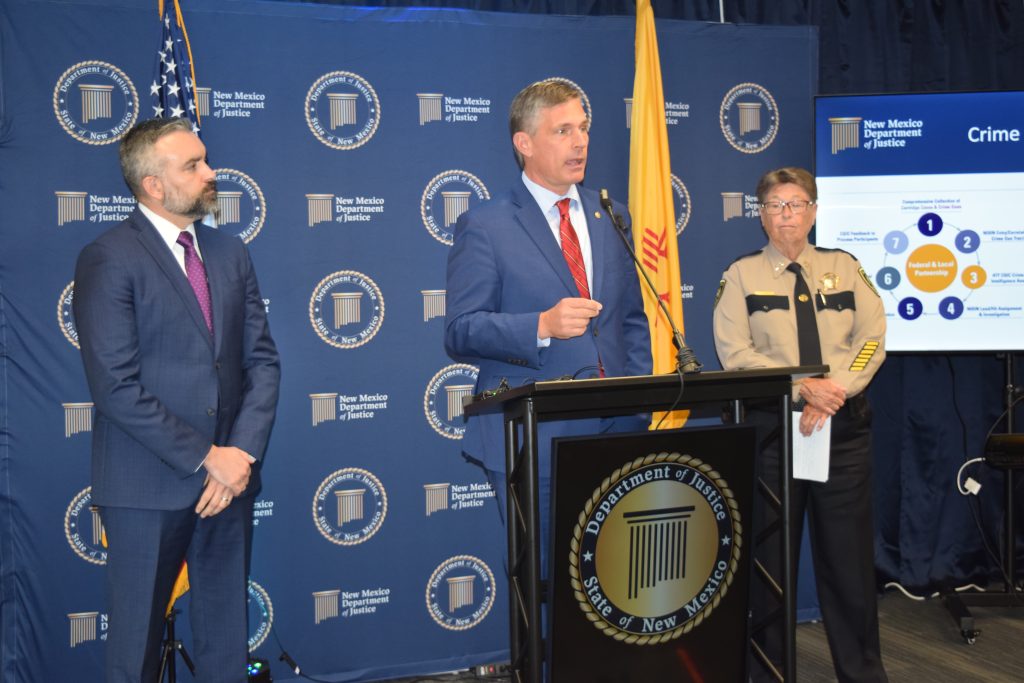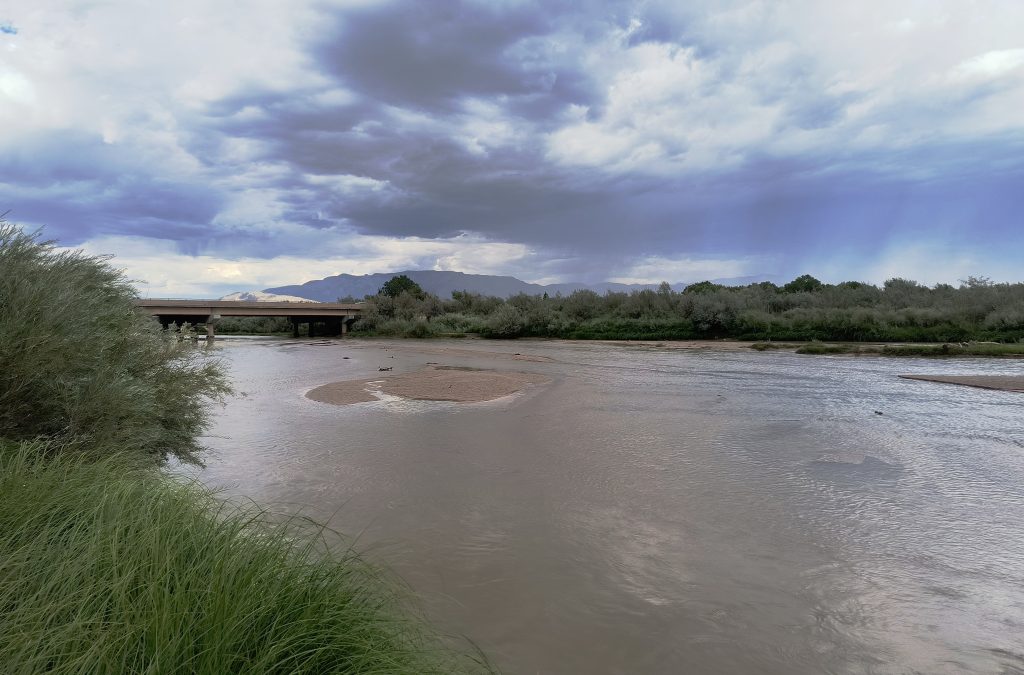Angel Charley, acting co-executive director of the Coalition to Stop Violence Against Native American Women, gave a siren call for Indigenous issues Sunday during a meeting of women’s groups.
Charley was the keynote speaker for the New Mexico American Association of University Women Chapter (AAUW), the League of Women Voters and the National Organization for Women over the weekend in Santa Fe in advance of the organizations’ lobbying efforts Monday at the Roundhouse rotunda.
Pamelya Herndon, chair of the Public Policy Committee for AAUW, said she chose Charley as speaker because she had never seen a collaboration between the Indigenous group and the AAUW and she thought now was a good time to start one.
“We should be working together,” Herndon said. “This is how to move into the Year of the Woman.”
The year 2020 marks the 100th anniversary of the passage of the 19th amendment, which granted women the right to vote.
Charley said her organization has a broad focus because it recognizes that many issues intersect with violence against Native American women.
“It is economic. It is rooted in reproductive justice. It is political. If we’re just thinking about domestic violence, we’re pigeon-holing ourselves. We know Native American women are paid 58 cents per every dollar a white man makes. Indigenous women can’t get access to an abortion because they’re five or seven hours from an abortion clinic. All these things matter,” she said.
Toward that end, Charley spoke across a broad spectrum of issues Sunday – about how a lack of health care options in rural areas negatively impacts Indigenous women but so do equal pay issues, equitable leave options for Native American women, economic insecurity and violence against Indigenous LGBTQ.
“A Native American woman has to work 30 more years to break even with her white male counterparts,” Charley said. “And nationally, the unemployment rate hovers at four percent but in New Mexico tribal communities, it’s 22 percent.”
But Charley also spoke about a possible pathway out of seemingly intractable problems.
“The communities themselves must take ownership to find the solutions. We can’t continuously and heavily rely on systems that fail our people,” she told NM Political Report.
Charley, of Laguna Pueblo, said she became involved in Native American women’s issues about four years ago because of media reports about a kidnapped Indigenous girl.
“It could’ve been anybody. It could’ve been my sister. It could’ve been me, or my daughter,” she said.
Another point of concern, Charley said, are Indigenous LGBTQ youth, who experience high rates of violence both verbal and physical.
“Eight in 10 are verbally harassed and 40 percent of those eight are physically harassed at school,” she said. “We need to do better to serve this population.”
Charley said Indian Health Services, which Indigenous women can access for free, are sometimes “just basic” health care clinics and can be hours away from where an Indigenous woman lives. Charley also said she believes stories about Indian Health Services’ forced sterilization, a practice which did not fully end until the 1970s, is not as well known as it should be.
That practice was a form of genocide, Charley said.
“We don’t know to what extent it (the forced sterilizations) happened. We can’t understand the consequences and are still grappling with the full extent of the ramifications,” she said.
But, she sees hope with the Yazzie/Martinez v. New Mexico lawsuit. Because of it, all New Mexican children will learn Indigenous history in the classroom, she said.
“It allows for Native people in particular to own our narrative. Get history right,” she said.
She believes it will add a layer of respect for Indigenous communities while empowering those communities.
“It is such a rich history full of resilience,” she said.


